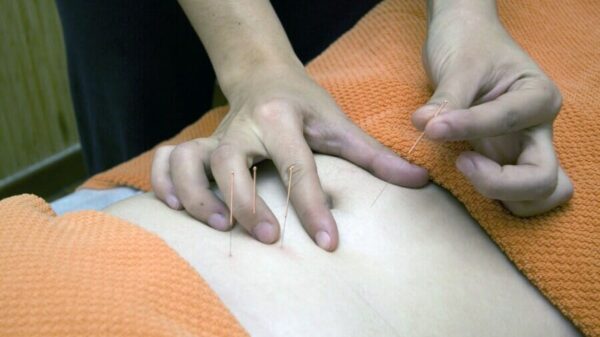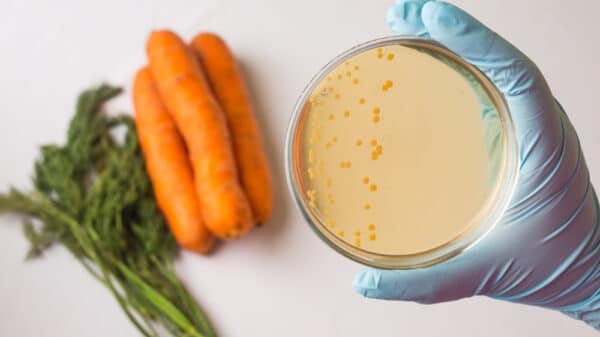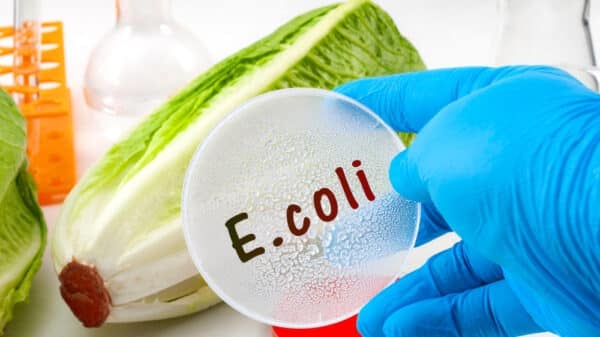The gut is often hailed as the epicenter of our body’s microbial universe, but let’s not forget about the oral microbiome, which plays a crucial supporting role. Together, these two ecosystems form the largest microbial domains in the human body, working harmoniously to establish what scientists refer to as the oral-gut axis.
“The mouth and the gut are both vital parts of our digestive system, intricately connected through the foods we eat and the bacteria living in both regions,” explains Dr. Michael Wei, a reputable cosmetic dentist in New York City. Indeed, the mouth is more than just an entry point; it’s the starting point for the digestion process. As we chew, food mixes with saliva and kicks off the digestive journey down the esophagus. The organisms in our mouths aren’t just bystanders; they actually help defend against illness and contribute to overall health. “With every swallow, oral bacteria travel to the stomach and into the gut, creating a direct link between these two vital areas,” adds Dr. Erin Fraundorf, an orthodontist and founder of BOCA Orthodontic + Whitening Studio.
Having good oral health is about more than just a beautiful smile; it also plays a key role in our broader health and well-being. “Your oral health, especially the health of your oral microbiome, is foundational for your overall health,” Dr. Fraundorf points out. The link is clear: better oral hygiene can boost gut health, which in turn supports overall wellness.
So how do we foster this all-important connection between our mouths and guts? We spoke with dental experts and a gastroenterologist to gather their insights. The takeaway? Regular brushing is a must, but your food choices matter just as much.
How Poor Oral Health Can Impact the Gut
Research suggests that neglecting oral health can ripple through to the gut. “Studies have shown that bacteria from the mouth can actually affect the gut microbiota, and the reverse is also true,” Dr. Wei states. Poor dental hygiene—think gum disease—can lead to harmful bacteria thriving in the mouth, which can disrupt the gut microbiome when swallowed.
While our bodies naturally host bacteria in both the mouth and gut, an imbalance can lead to health problems. “When there’s too much of a bad thing, especially in terms of specific harmful bacteria, it can create systemic issues. One example is dysbiosis, an imbalance in gut bacteria linked to a plethora of health conditions, including inflammatory bowel disease (IBD),” Dr. Wei attests. Research has illuminated the connections between oral issues like gingivitis and periodontal disease and IBD, suggesting an inflammatory interplay between our gums and gut, making it crucial to consider both in our health.
Gastroenterologist Dr. Will Bulsiewicz, author of *The Fiber Fueled Cookbook*, adds another layer of concern. “Recent studies suggest that oral health might be related to colon cancer. In fact, about 50% of colon cancer cases have been linked to *Fusobacterium*, a bacterium primarily found in the mouth,” he notes, raising the stakes for how we regard our oral hygiene. However, he is also quick to point out that more research is needed to better understand this complex relationship.
On a positive note, there’s a silver lining. “Many bacteria that reside in your mouth fulfill protective roles, especially if your oral microbiome is healthy and diverse,” Dr. Fraundorf remarks. The takeaway? A thriving oral ecosystem can have beneficial effects on the rest of your body. Here are some actionable steps you can take for a healthier mouth and gut.
4 Strategies for Maintaining Excellent Oral Hygiene to Promote Optimal Oral and Gut Health
1. Brush and Floss Consistently
The bedrock of great oral health is a solid hygiene routine—brushing and flossing at least twice a day is essential. If you want the best results, Dr. Fraundorf shares a practical checklist:
– Brush at least twice a day for at least two minutes: If you’re up for it, aim for three to four times per day, but skip brushing immediately after meals to protect your enamel from acids.
– Use an electric toothbrush: Dr. Fraundorf recommends models like the Oral-B iO 9 or 10 series, especially with soft bristles. Change your brush head every three months or sooner if you’re feeling under the weather.
– Opt for fluoride or nano-hydroxyapatite toothpaste: If you have sensitive gums, consider a toothpaste with potassium nitrate for relief.
– Floss daily: Incorporate both manual flossing and a water flosser—like those from Oral-B—into your routine for comprehensive care.
– Utilize a tongue scraper: This simple tool can banish excess bacteria and residue from your tongue.
– Choose a mild, alcohol-free mouth rinse: This helps maintain moisture in your mouth, especially if you use it daily.
2. Incorporate Oral-Microbiome-Friendly Foods
While proper brushing and flossing are indispensable, what you choose to eat can either bolster or undermine your oral health. “Your diet is a powerful tool in building a robust oral microbiome,” Dr. Fraundorf advises. To naturally support your dental health, try to include:
– Whole foods and plenty of vegetables rich in probiotics.
– Seasonally fresh produce sourced from local markets.
– Minimally processed foods free from preservatives and artificial additives.
– A conscious effort to limit sugars and refined carbohydrates.
3. Explore Mouth Taping
Not everyone will find this method fitting, but mouth taping at night—placing tape across your mouth to restrict breathing through it during sleep—could improve both oral and gut health, according to various practitioners. Dr. Bulsiewicz indicates that this practice could create a more favorable environment for your microbiomes during sleep.
“For those who usually breathe through their mouths, taping it shut might enhance your oral and digestive health. Mouth breathing tends to dry out the mouth, creating conditions where harmful bacteria can thrive, which can damage your teeth and gums,” Dr. Fraundorf notes. Just be sure to consult with your healthcare provider before trying this, particularly if you have sleep apnea or related issues.
4. Keep Up with Dental Appointments
One of the most straightforward yet often overlooked strategies is simply keeping regular dental appointments. Dr. Wei emphasizes the importance of check-ups in spotting potential issues before they escalate. “A solid hygiene plan that combines brushing, flossing, and professional dental visits is vital,” he says. These routines can reveal early signs of oral health issues that could also influence your gut health.
By prioritizing your oral health, you’re not just aiming for a fresh smile; you’re investing in your overall well-being. Listen to your body, follow these expert tips, and you’ll be on your way to nurturing the vital connection between your mouth and gut.

































